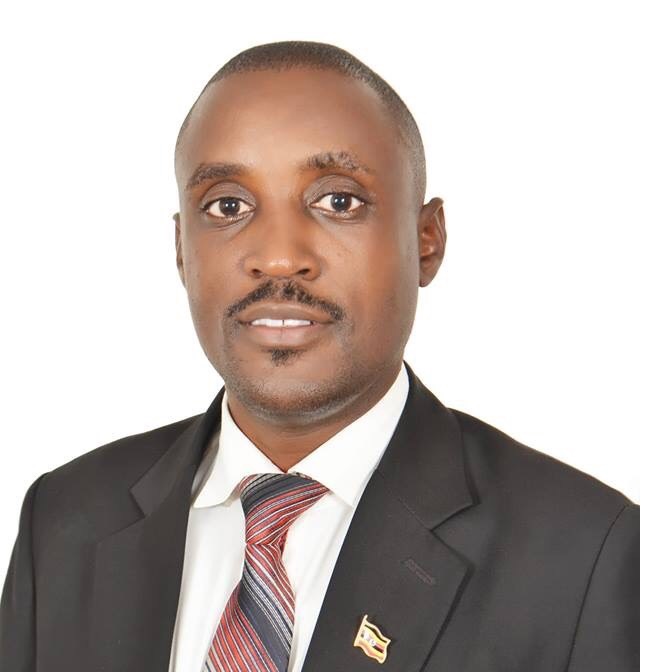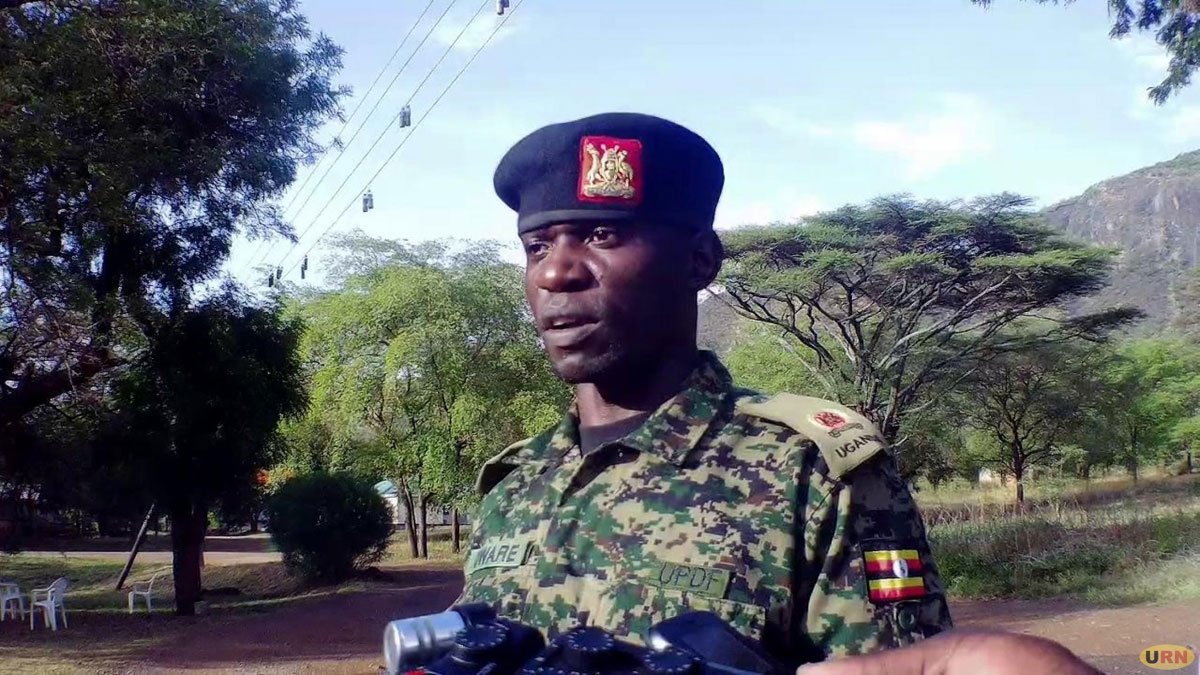By Arthur Nuwagaba Mirama
Since commencing my work with the Office of the National Chairman – NRM (ONC) Kyambogo, I have had the opportunity to engage with numerous individuals who have not received assistance from civil servants.
This includes individuals whose documents have experienced delays, those who have not received responses from the offices they contacted for information, individuals whose documents encountered obstacles in receiving necessary signatures from government officers before bribing them, or experienced unjustified delays even after submission, individuals who supplied goods or services to the MDAs and never received payments, individuals who faced challenges in securing appointments with officers, those who were assured of services that were never fulfilled, those who have resolved never to revisit public offices due to the unfavorable conduct and arrogance exhibited by civil servants.
The list is endless. Each person possesses a unique narrative regarding their experiences with civil servants. As Winston Churchill once said, “Some civil servants are neither servants nor civil.” For Uganda, it seems all civil servants are neither servants nor civil. According to the Oxford dictionary, the word civil means relating to ordinary citizens and their concerns or being courteous and polite. The word servant means a person who performs duties for others.
According to Wikipedia, a civil servant, also known as a public servant or public employee, is a person employed in the public sector by a government department or agency.
Therefore, a civil servant is a public employee who should be courteous, polite, and serve others. So, as a country, how did we end up with discourteous servants in public offices? How did we end up with untouchables in the offices who have no respect for the people they should be serving? The truth is, within Uganda’s Ministries, Departments, Agencies, and Local Governments lies a shadowy presence – the untouchables.
These figures of influence and power have become synonymous with impunity and corruption casting a dark cloud over the institutions tasked with serving the people. With their actions unchallenged and accountability, a distant dream, the untouchables perpetuate a culture of delay and frustration, leaving ordinary citizens in a state of despair.
They wield their power without fear and jeopardize timely service delivery. They roam freely, unburdened by the shackles of accountability. With their connections and influence, they thrive under the guise of protection, evading consequences for their actions.
Ugandans seeking services find themselves ensnared in a web of bureaucracy and red tape spun by those who act with impunity. This culture of untouchability not only undermines the credibility of public institutions but also erodes the trust that Ugandans place in the NRM government.
That’s why some Ugandans curse the NRM party for poor service delivery when the untouchable civil servants responsible for such mess keep their offices unbothered. The majority of civil servants, through their actions, work against the government, deliberately frustrating Ugandans to make them resent the government. In the face of public servants who act as untouchables, service delivery in Uganda has fallen victim to their callousness.
Delays in processing documents, obtaining approvals, or accessing public services have become the norm as the untouchables prioritize personal interests over the needs of Ugandans. The once promising vision of swift and efficient governance that our president took pride in has completely broken down as the untouchables cling to their power, leaving Ugandans to navigate a labyrinth of inefficiency.
With each encounter with the untouchables, some Ugandans have found their hope waning and their aspirations for a better future fading away. The dreams of a responsive and accountable government seem distant and unattainable, not because of NRM leadership but because of civil servants who appear to be non-partisan but are hidden in opposition garments. They are wolves in sheep’s clothing. In the long run, the price of impunity will weigh heavily on the shoulders of ordinary Ugandans. The few essential services that are readily available will become distant mirages.
The dreams of entrepreneurs seeking government support will transform into disillusionment. The hopes of those seeking justice will become entangled in a web of influence and manipulation. As untouchables go unpunished, the entire nation will bear the burden of their actions.
Therefore, it is time to break the chains of impunity and usher in a new era of accountability and transparency. We, as citizens, must demand that the untouchables face the consequences of their actions. There must be a collective voice that cannot be silenced by their indifference. This should not be about political parties – NRM, NUP, or FDC.
All Ugandans must advocate for a public service that upholds justice, fairness, and prompt service delivery for all. Lastly, the untouchables in MDAs and LGs cast a dark shadow over the nation’s aspirations for a better future. The delay and frustration they cause through their impunity not only hinder service delivery but also dishearten citizens. It is high time to challenge this culture of untouchability in public service and pave the way for a more accountable and responsive public service, where the needs of the people come before the influence of the few.
The NRM Government which I support, must borrow Kenya’s example and introduce Performance Contracting in the Public Service as one of the tools to improve service delivery. Only then can we reclaim the promise of a brighter future for Uganda and its citizens.
As Otto von Bismarck said, “With bad laws and good civil servants, it’s still possible to govern. But with bad civil servants, even the best laws can’t help.”
The writer is the Bazzukulu Affairs officer Office of the National Chairman NRM – Kyambogo and Team Leader at OFA Leaders Fellowship arthurmirama@gmail.com

















